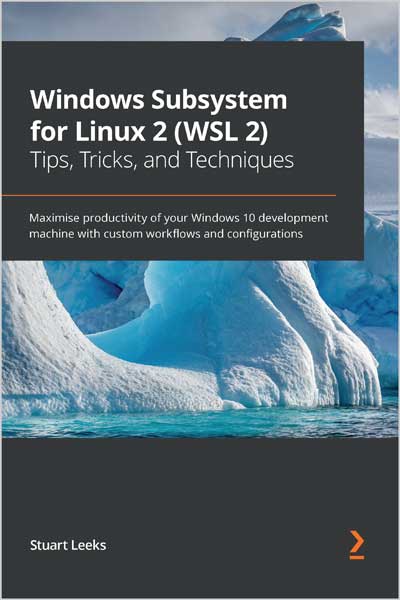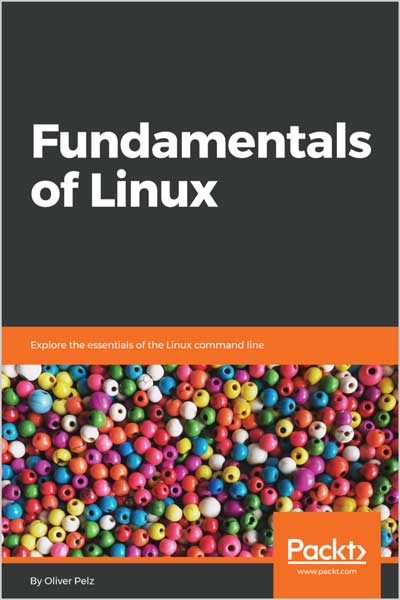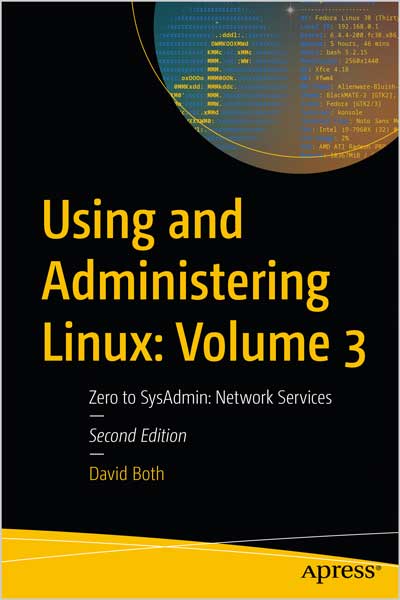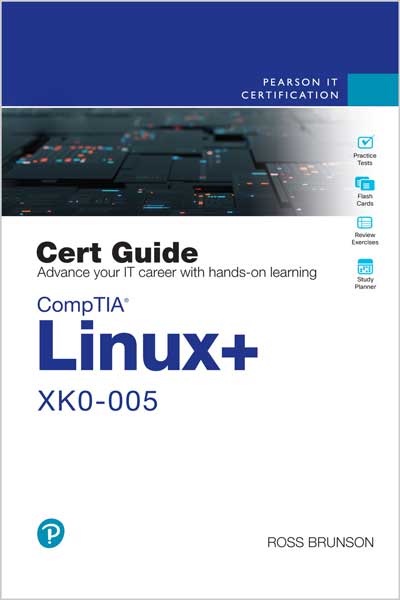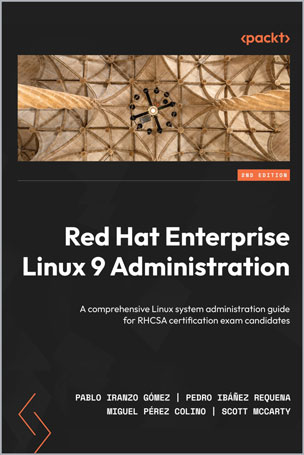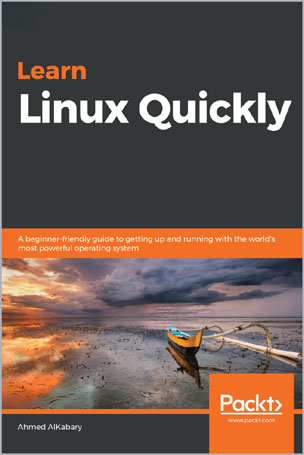Securely configure and operate Linux network services for the enterprise
Rob VandenBrink
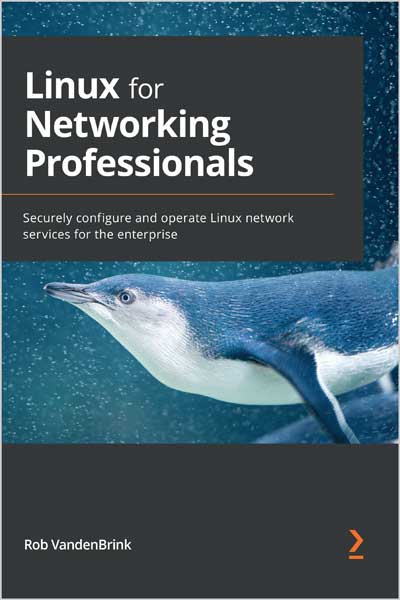
#Linux
#Networking
#real-world
#DNS
#IPS
#DHCP
#network_monitoring
#attack
Get to grips with the most common as well as complex Linux networking configurations, tools, and services to enhance your professional skills
Key Features
- • Learn how to solve critical networking problems using real-world examples
- • Configure common networking services step by step in an enterprise environment
- • Discover how to build infrastructure with an eye toward defense against common attacks
Book Description
As Linux continues to gain prominence, there has been a rise in network services being deployed on Linux for cost and flexibility reasons. If you are a networking professional or an infrastructure engineer involved with networks, extensive knowledge of Linux networking is a must.
This book will guide you in building a strong foundation of Linux networking concepts. The book begins by covering various major distributions, how to pick the right distro, and basic Linux network configurations. You'll then move on to Linux network diagnostics, setting up a Linux firewall, and using Linux as a host for network services. You'll discover a wide range of network services, why they're important, and how to configure them in an enterprise environment. Finally, as you work with the example builds in this Linux book, you'll learn to configure various services to defend against common attacks. As you advance to the final chapters, you'll be well on your way towards building the underpinnings for an all-Linux datacenter.
By the end of this book, you'll be able to not only configure common Linux network services confidently, but also use tried-and-tested methodologies for future Linux installations.
What you will learn
- • Use Linux as a troubleshooting and diagnostics platform
- • Explore Linux-based network services
- • Configure a Linux firewall and set it up for network services
- • Deploy and configure Domain Name System (DNS) and Dynamic Host Configuration Protocol (DHCP) services securely
- • Configure Linux for load balancing, authentication, and authorization services
- • Use Linux as a logging platform for network monitoring
- • Deploy and configure Intrusion Prevention Services (IPS)
- • Set up Honeypot solutions to detect and foil attacks
Who this book is for
This book is for IT and Windows professionals and admins looking for guidance in managing Linux-based networks. Basic knowledge of networking is necessary to get started with this book.
Review
"Rob's book is a must-read for any networking professional, and this is not an overstatement. At first, you will be introduced to the major data center Linux distributions and the basics of network configuration. Then, in the second section of the book, you will discover the most useful Linux tools for network diagnostics and firewall configurations, and you will learn about security standards. The third section is where things will get interesting as you will learn about network services like DNS, DHCP and certificate use on Linux. Nevertheless, what I find most valuable to learn as a network professional, is Rob's approach on RADIUS services, load balancing, packet capture and analysis, network monitoring and intrusion prevention and honeypot services. Therefore, I believe this title really stands out in the editorial landscape of networking on Linux, as it covers a complete range of really important subjects for any networking professional out there." -- Alexandru Calcatinge, PhD, University Lecturer, Co-author of Mastering Linux Administration
About the Author
Rob VandenBrink is a consultant with Coherent Security in Ontario, Canada. He is a volunteer with the Internet Storm Center, a site that posts daily blogs on information security and related stories. Rob also contributes as a volunteer to various security benchmarks at the Center for Internet Security, notably the Palo Alto Networks Firewall benchmark and the Cisco Nexus benchmark.
His areas of specialization include all facets of information security, network infrastructure, network and data center design, IT automation, orchestration, and virtualization. Rob has developed tools for ensuring policy compliance for VPN access users, a variety of networking tools native to Cisco IOS, as well as security audit/assessment tools for both Palo Alto Networks Firewall and VMware vSphere.
Rob has a master's degree in information security engineering from the SANS Technology Institute and holds a variety of SANS/GIAC, VMware, and Cisco certifications.

